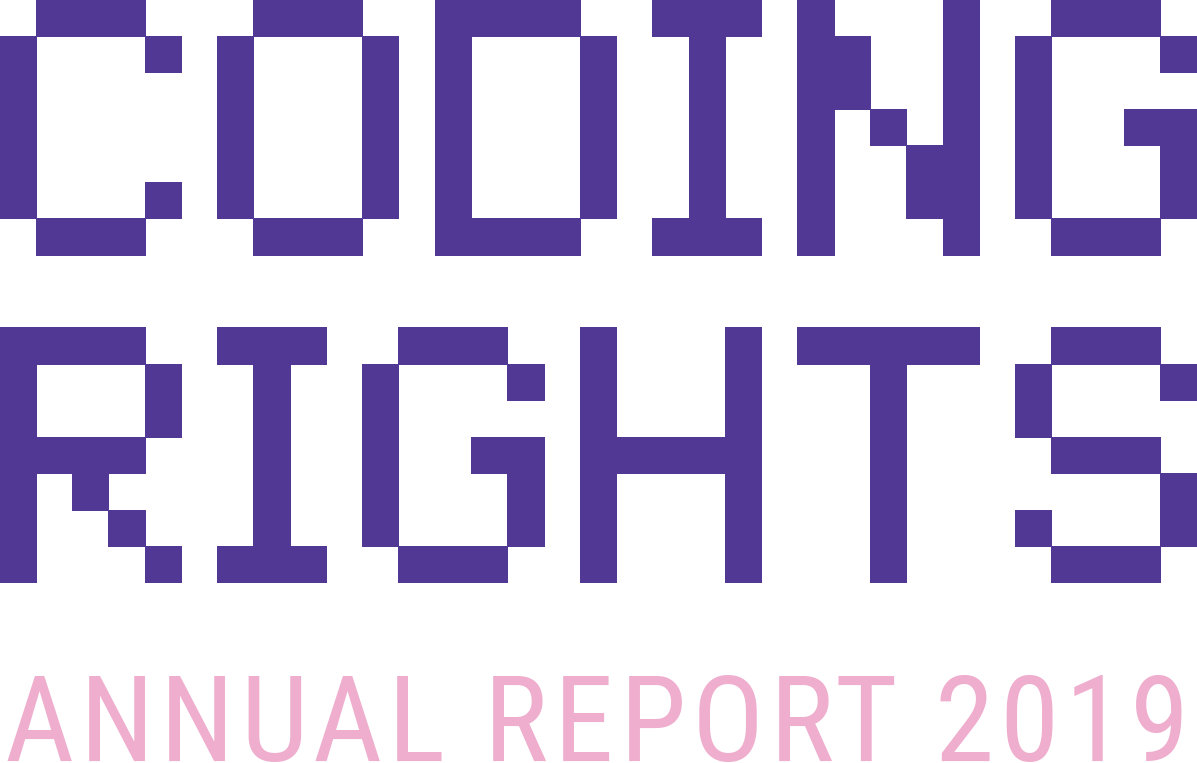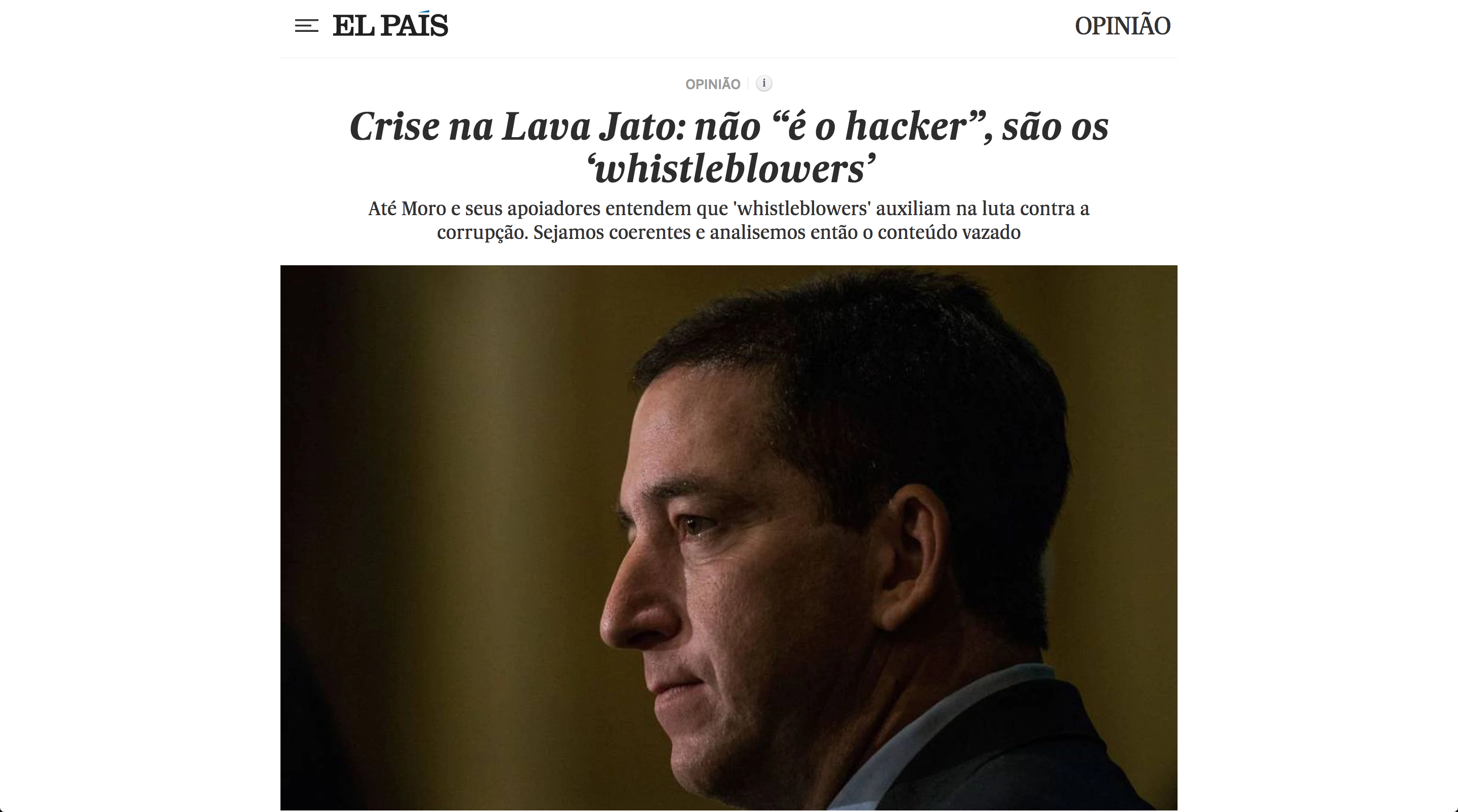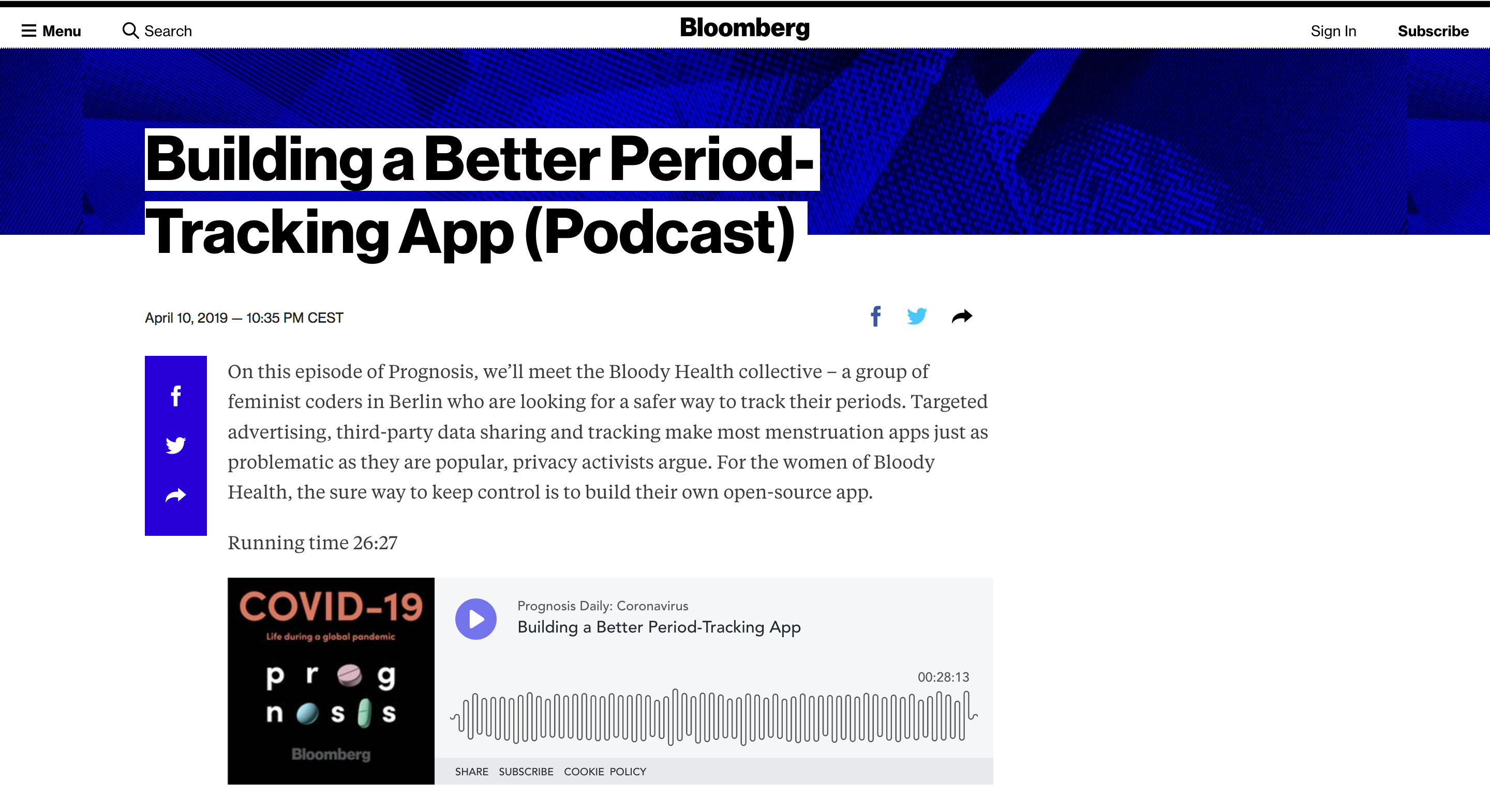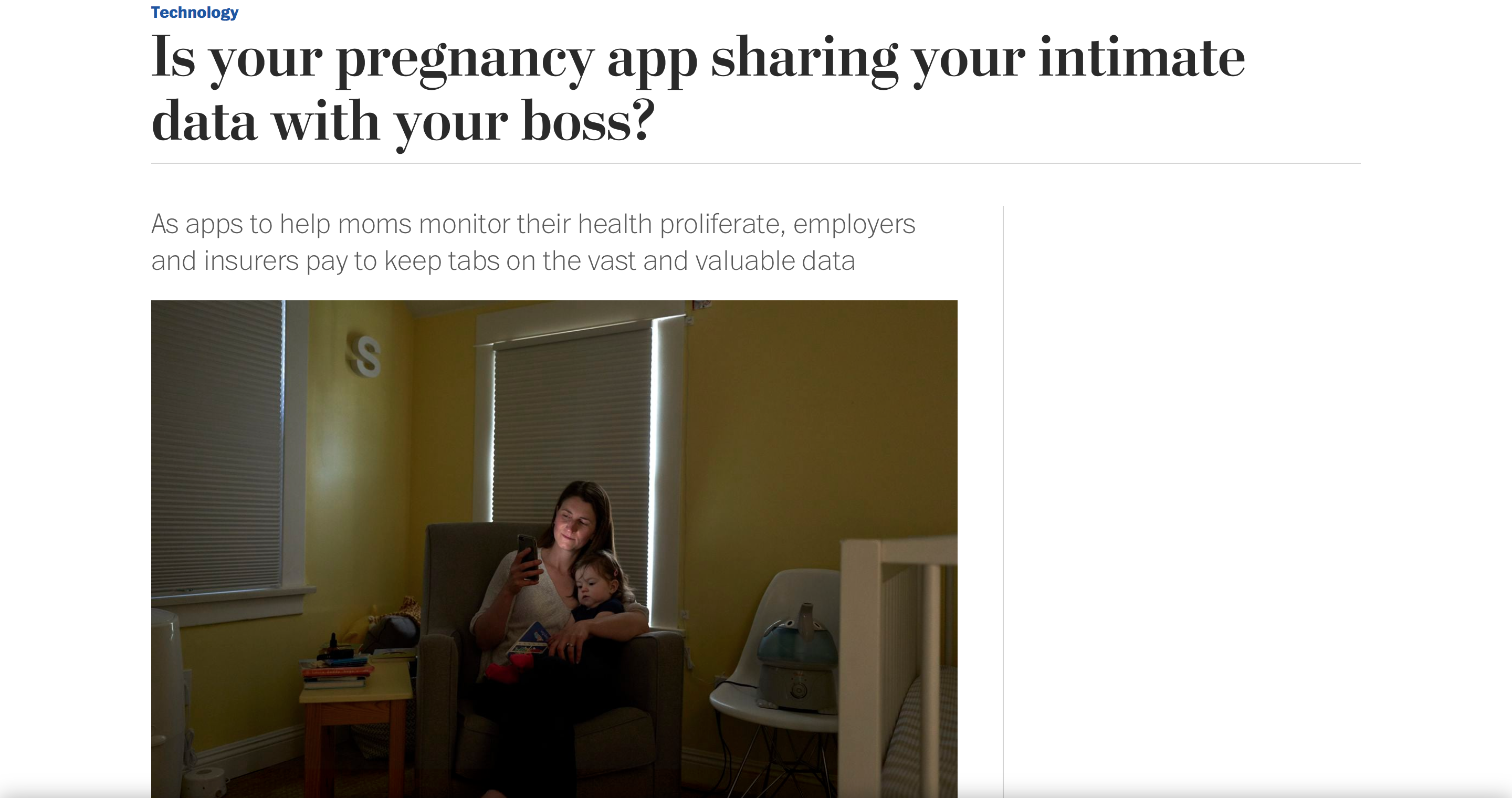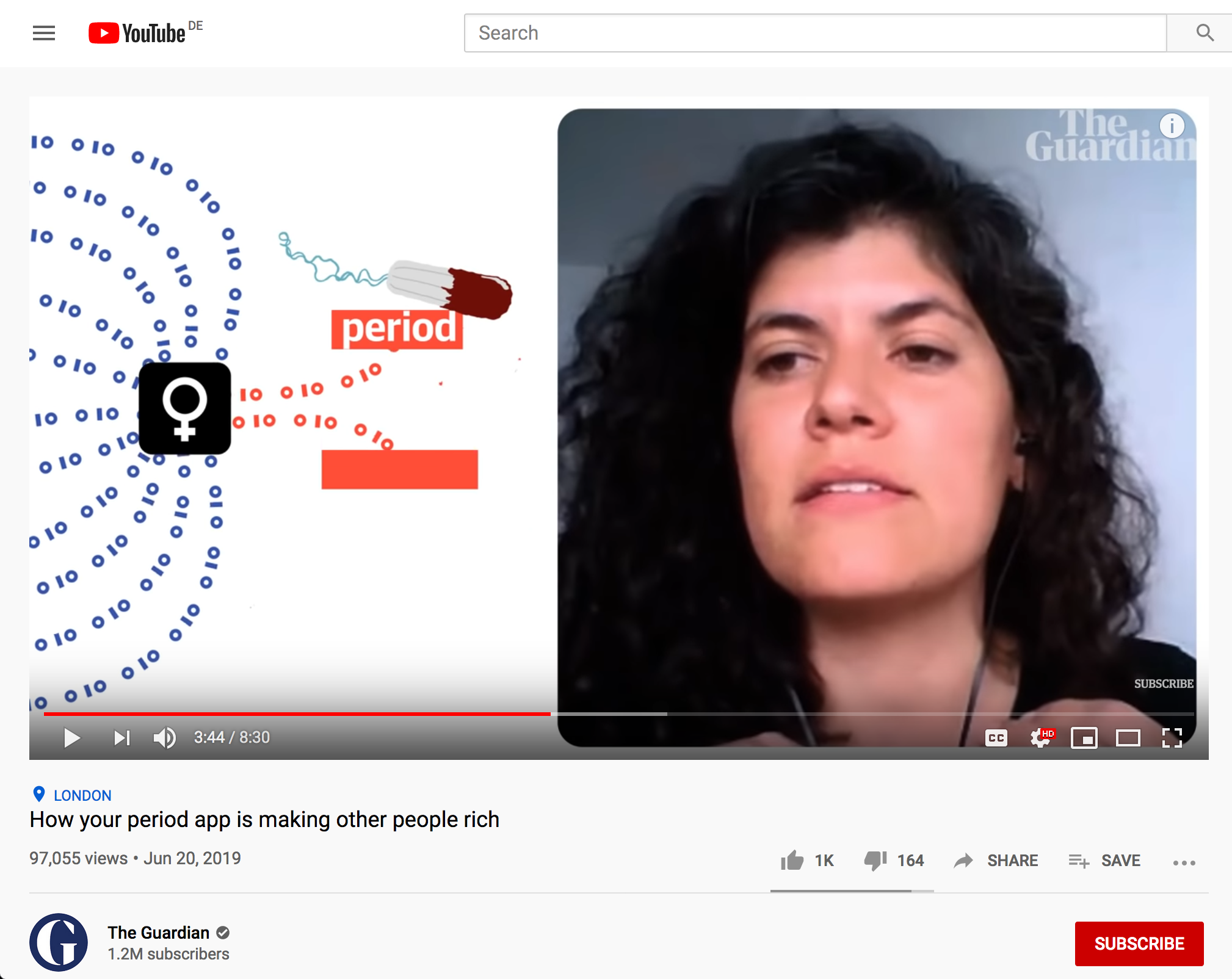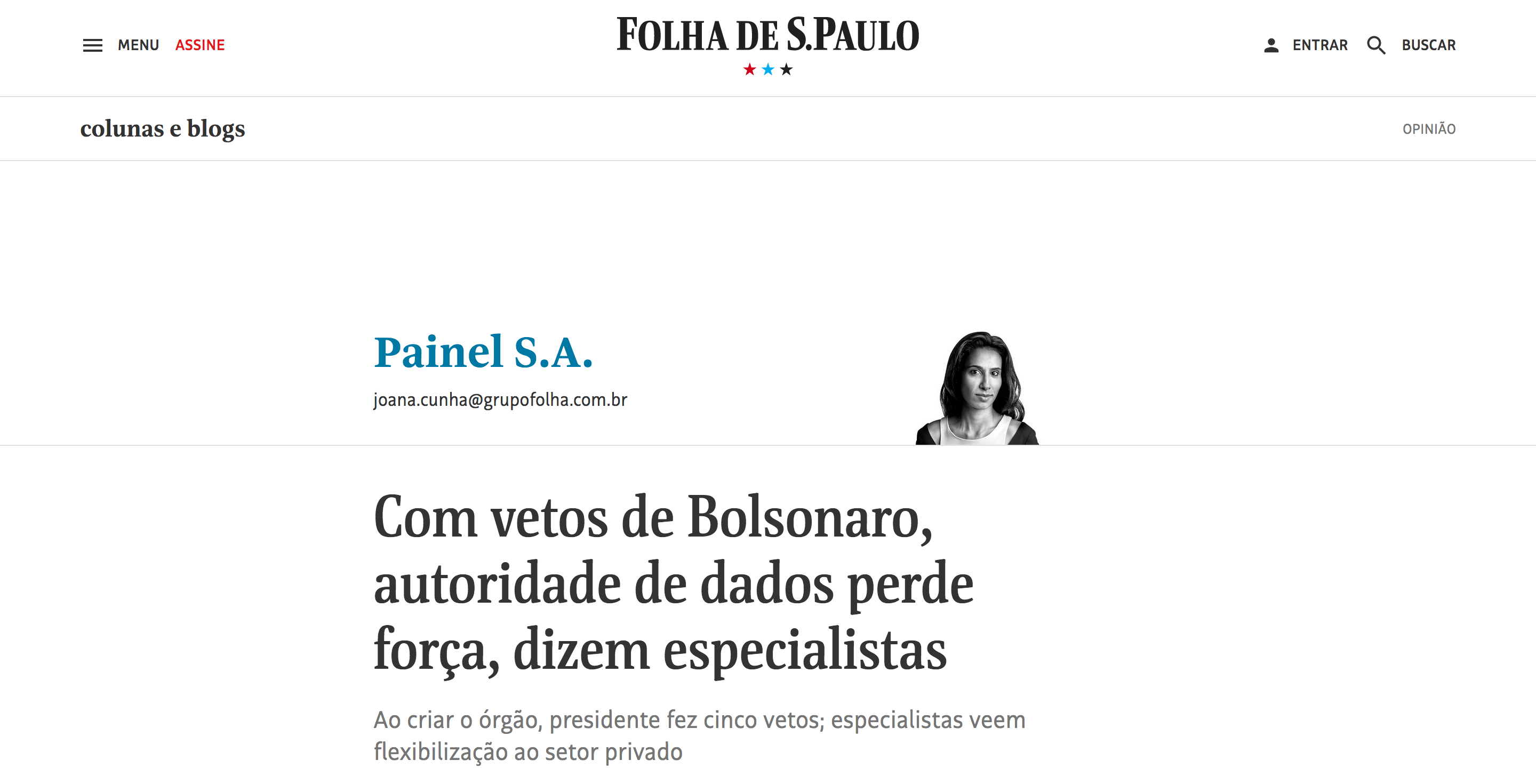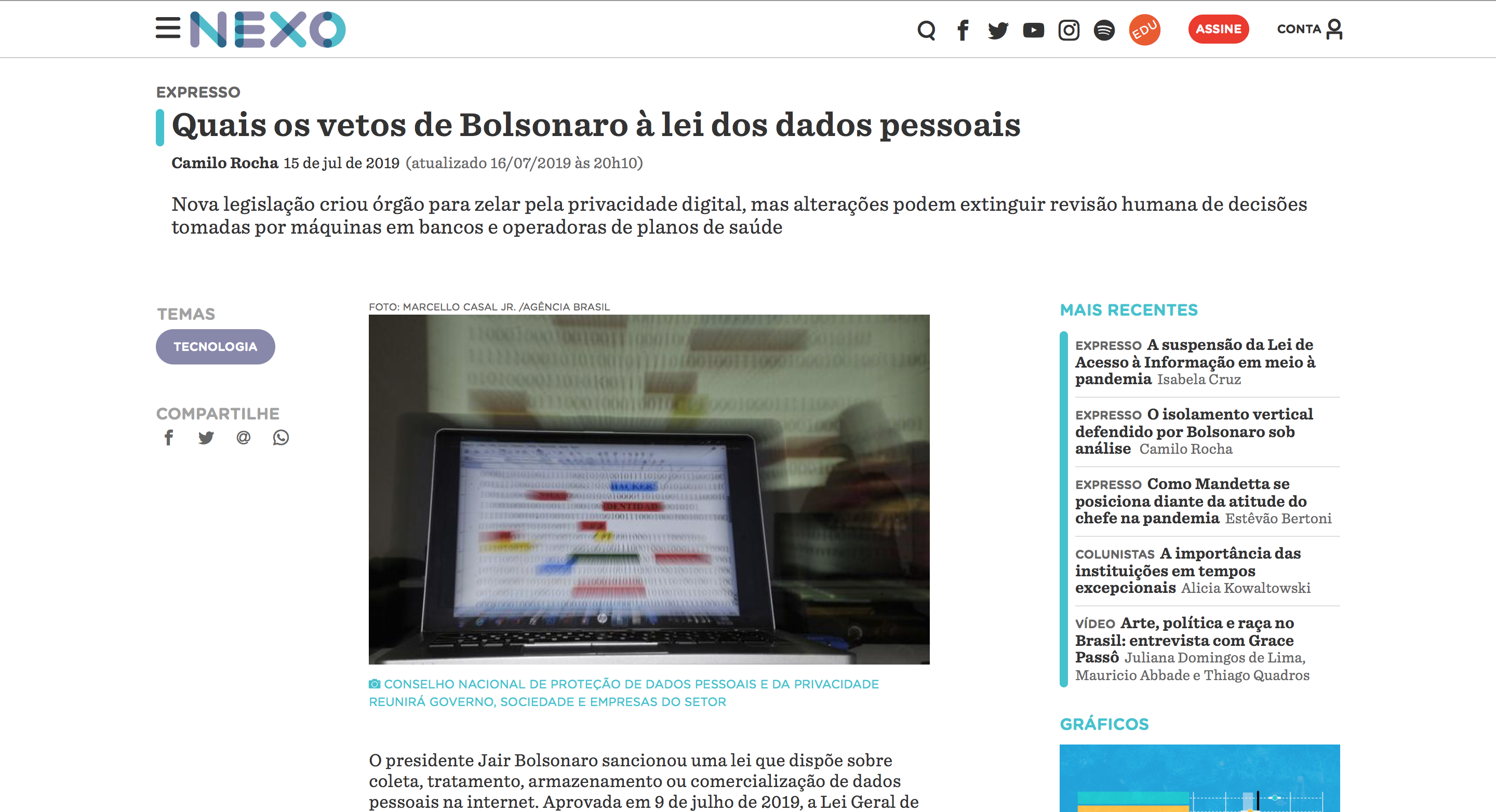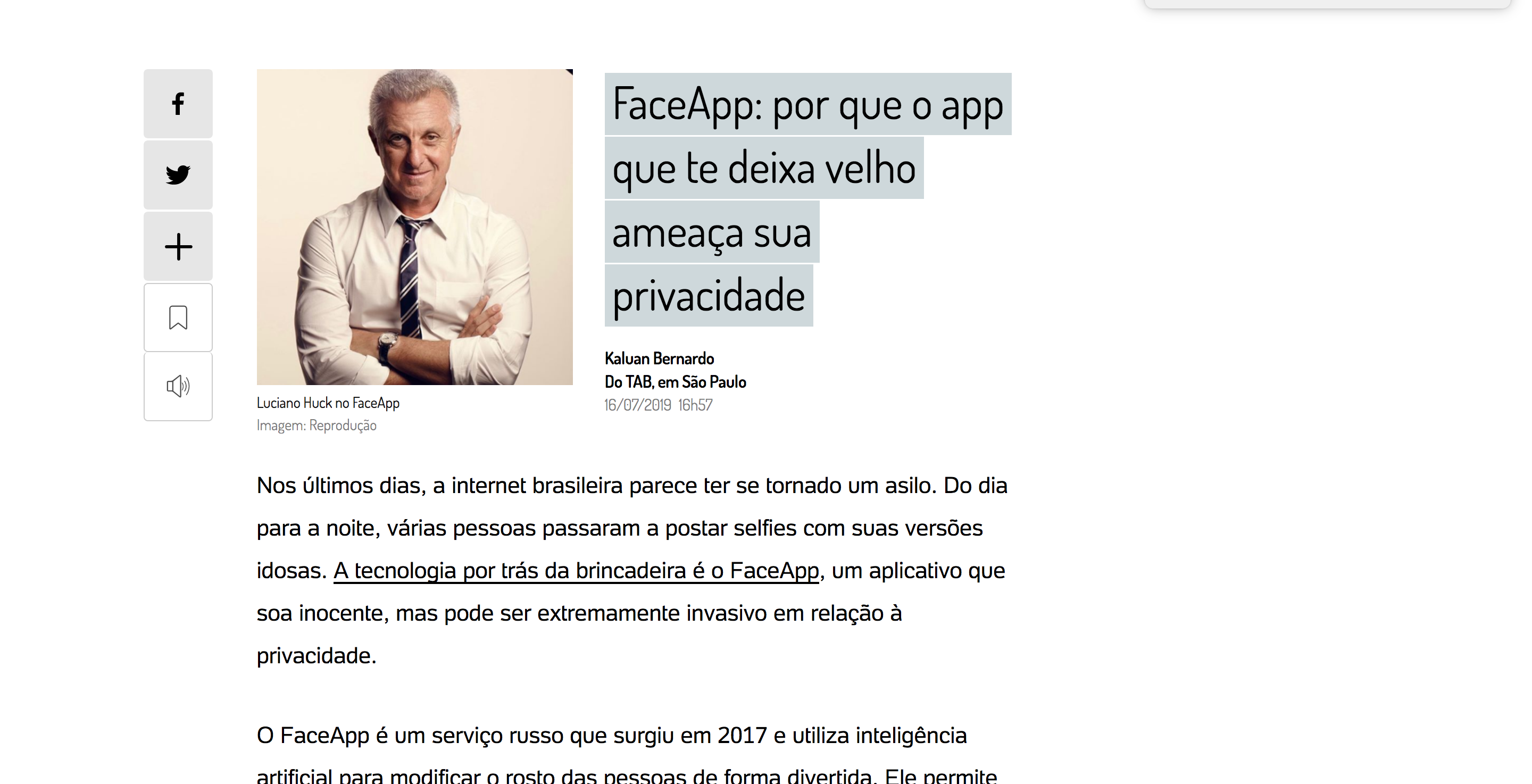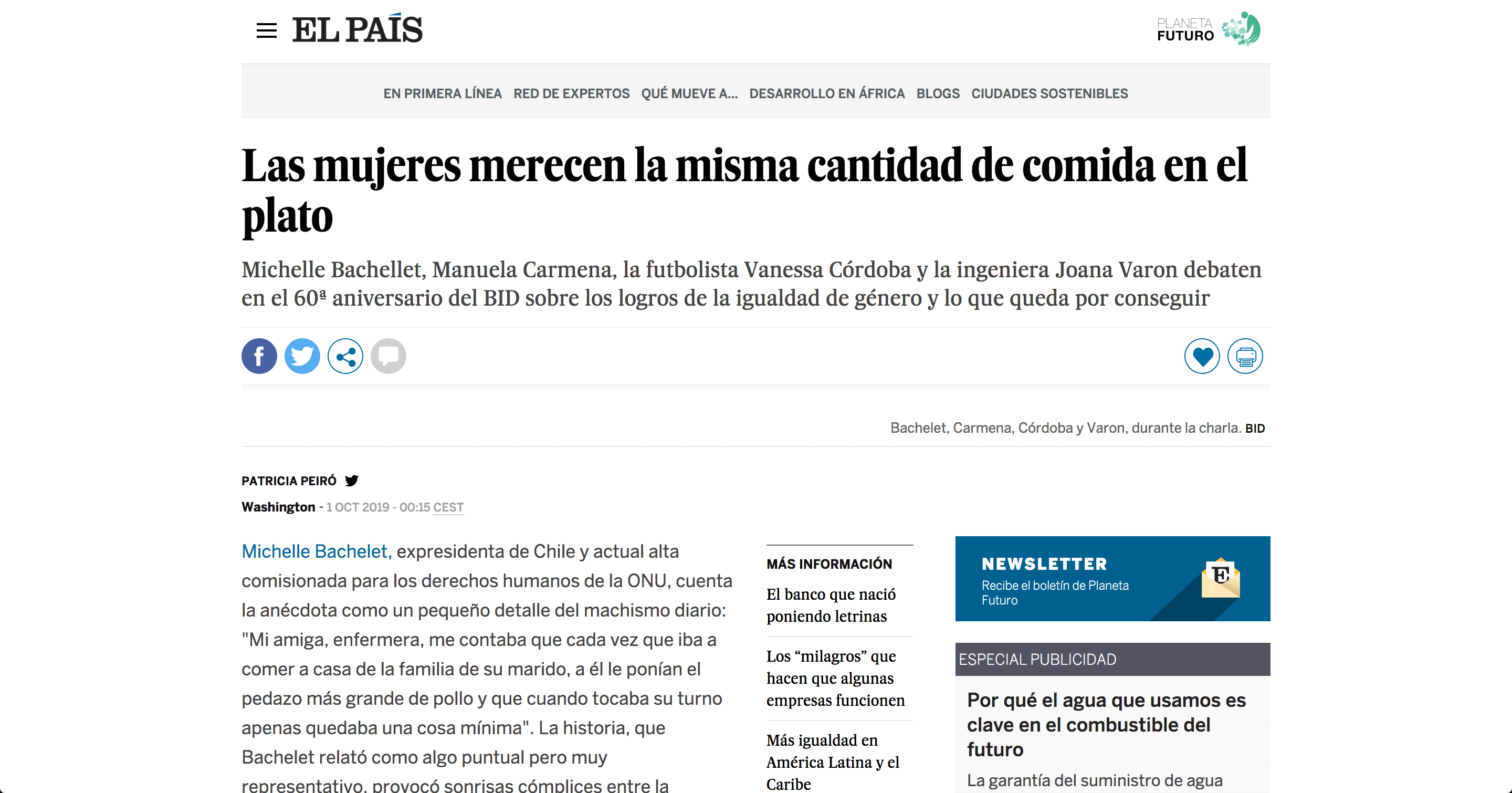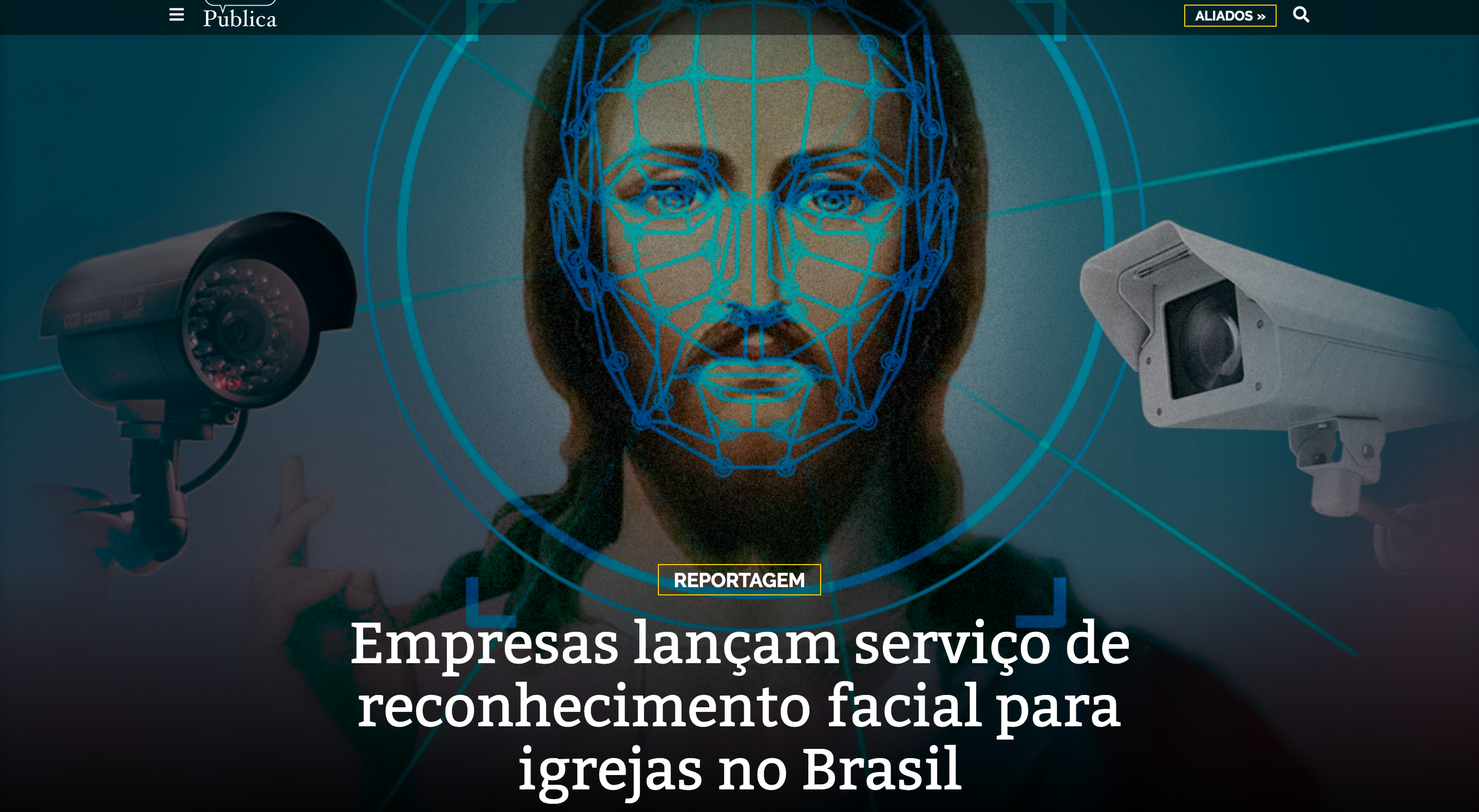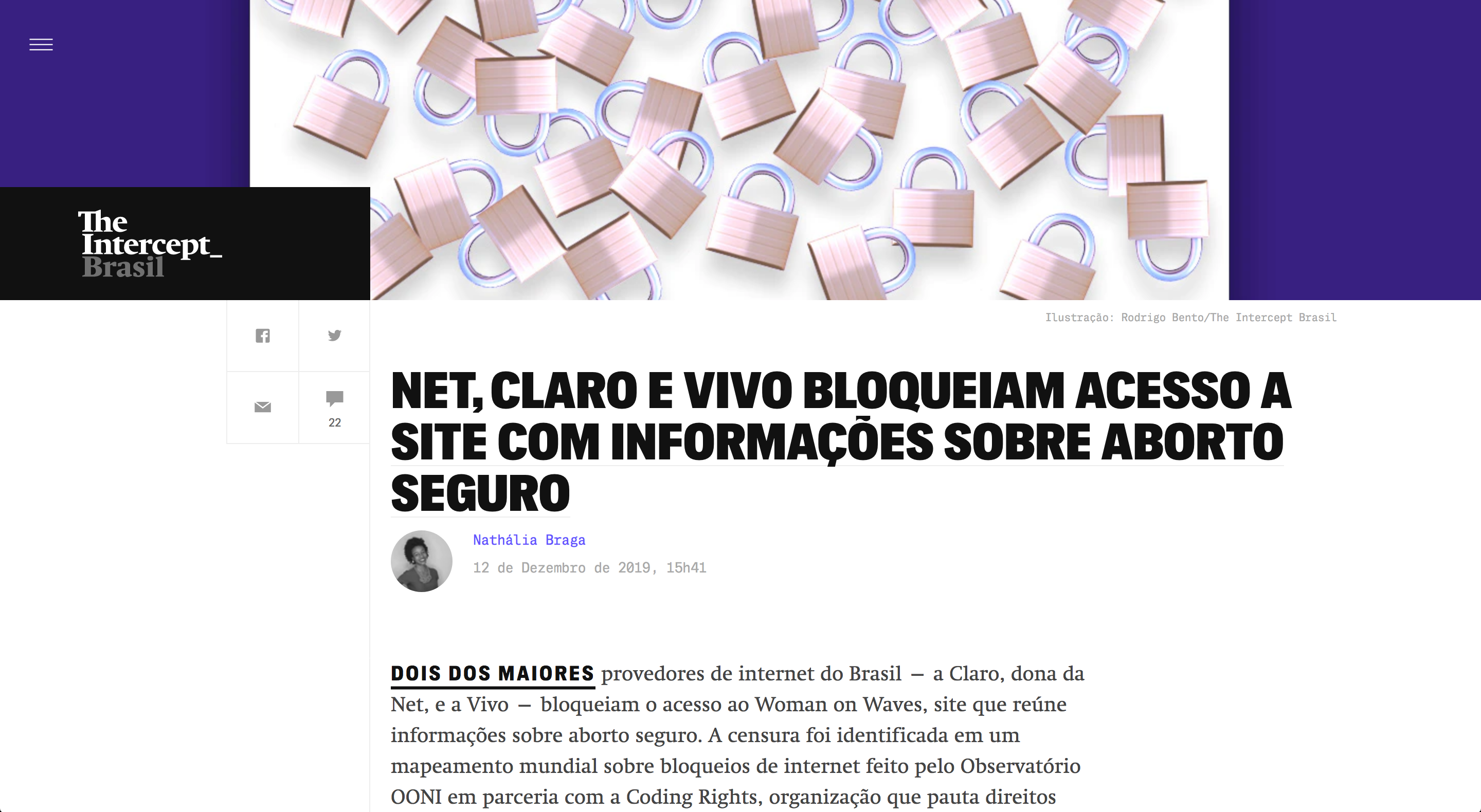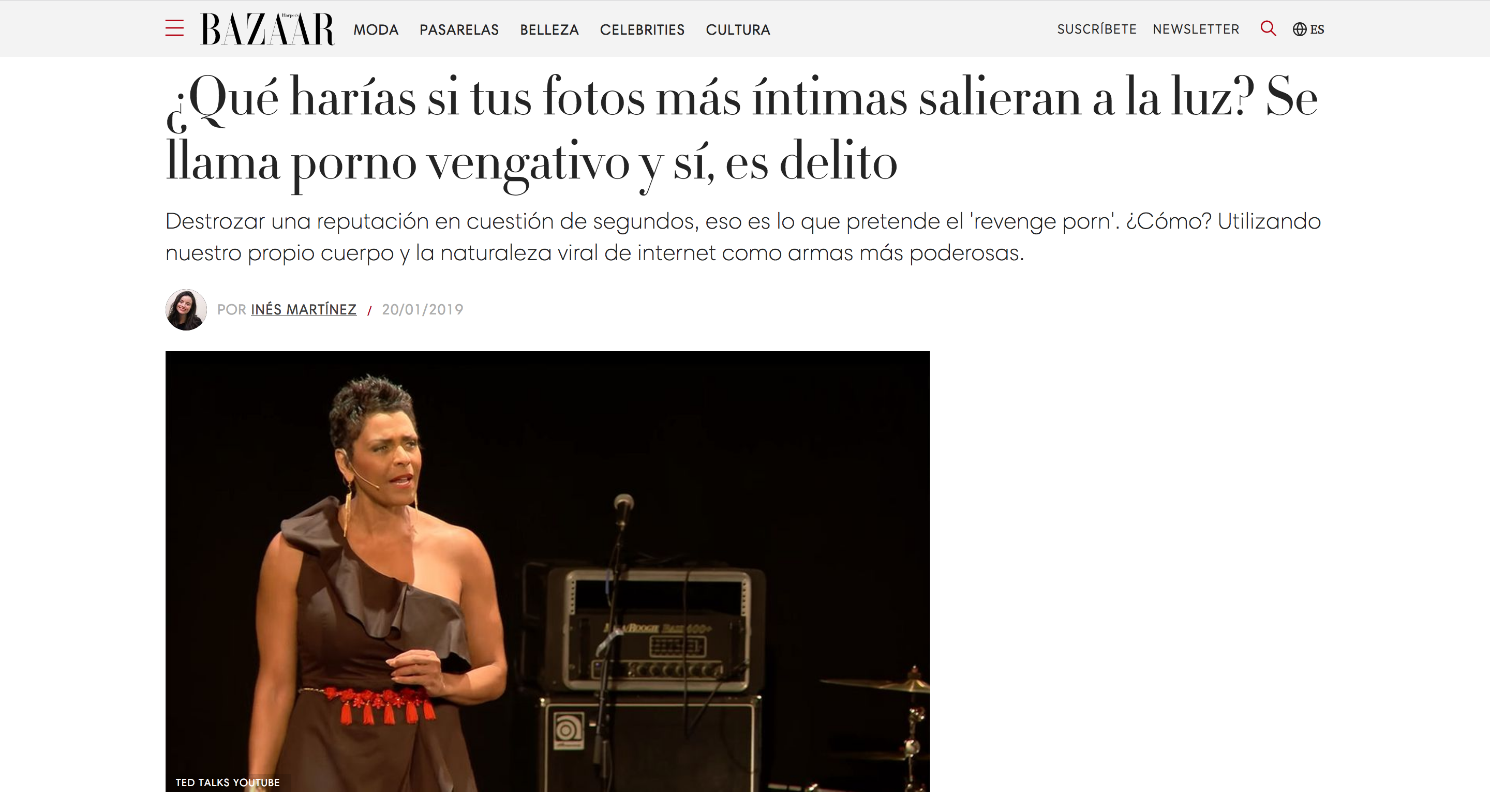
OUR PROJECTS ARE DIVIDED IN THE FOLLOWING AREAS:
GENDER, SEXUALITY & TECHNOLOGY
Technologies are normally designed and embedded with subjective values from the ones who develop them. Therefore, the future is likely to replicate many of the inequalities that social justice movements fight against if we do not expose the intersectional power imbalances, pertaining race, gender, class, etc, as well as the geopolitics, behind digital technologies. To redress this scenario, this area has the goal to map different expressions of patriarchy into development and usage of digital technologies, engage in processes for awareness raising and political change, as well as to promote exercises of speculative futures and experimentation in which technologies can be developed under transfeminist values.
CITIES, BODIES & TERRITORIES
Digital technologies are gradually integrating our bodies and territories. Terminologies such as Biometric Identification, Smart Cities, Big Data, A.I, Internet of Things and VR are gradually showing up in public discourses as innovative solutions to improve public services and national security, but they can also pose a significant threat to citizen's privacy, freedom of expression, right to association, among others, besides leaving us all vulnerable to yet unknown kinds of cyber attacks. How do we walk freely in a territory surveilled by both companies and governments? How are all these new technologies changing our relations to our bodies and the territories we inhabit? Who are mining the data we produce in this relations? Who profit from it? Are we restating colonial relationships disguised as innovation if we consider the territoriality of the production cycle of all the electronics we consume? If we consider the social environmental impact of the extractivism and mining of electronic components, of the amount of electricity spent on a wide quantity of servers needed in a surveillance capitalism economy and of disposal e-waste, how sustainable it can be to keep scaling up the production of the amount of programed obsolescence technologies what we consume today? Are smart cities actually meant to be fueled by social environmental conflicts, colonialism and waste?
EMERGENCY RESPONSE TO PUBLIC POLICIES
Sometimes, shifts in the political context requires emergency actions that turn research into advocacy. This is what this area of work is about. And, as the internet is global, we nurture national, regional and global coalitions and/or networks to have strategic and collective engagement within policy makers in national, regional and international fora. Furthermore, we have also observed a growing demand for building digital security capacities and giving support during attacks due to the increase of threats against women, LGBTQI people, artists, journalists and activists in Brazil. To reply to this scenario, we have co-started a Network of Transfeminist Digital Security Trainers in Brazil to cope with the need of such emergency responses.
NEW PROJECTS IN 2019
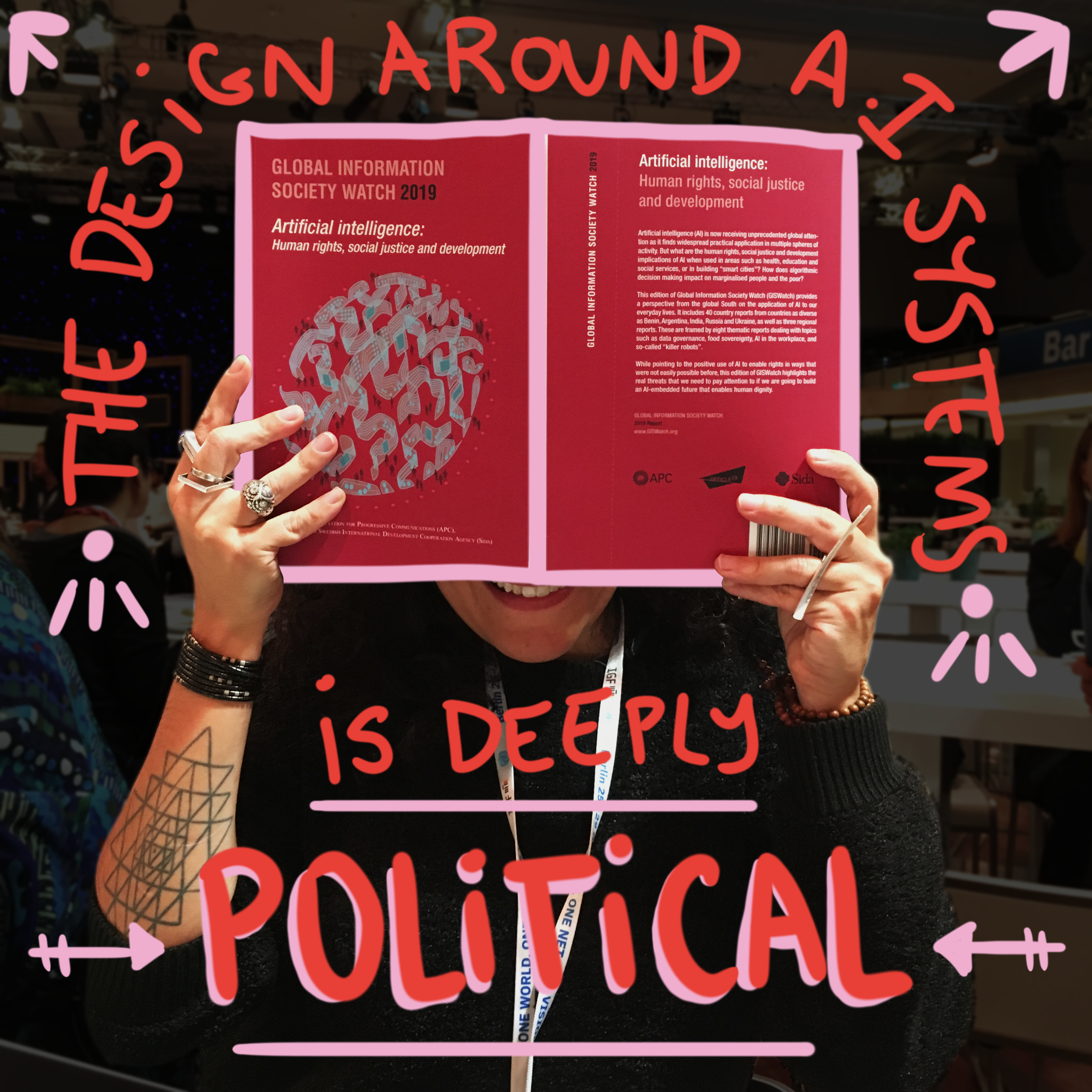
Article “Decolonising AI: A transfeminist approach to data and social justice”, by Joana Varon and Paz Peña, was launched in the publication “Artificial intelligence: Human rights, social justice and development”, from GISWatch, at IGF Berlin.
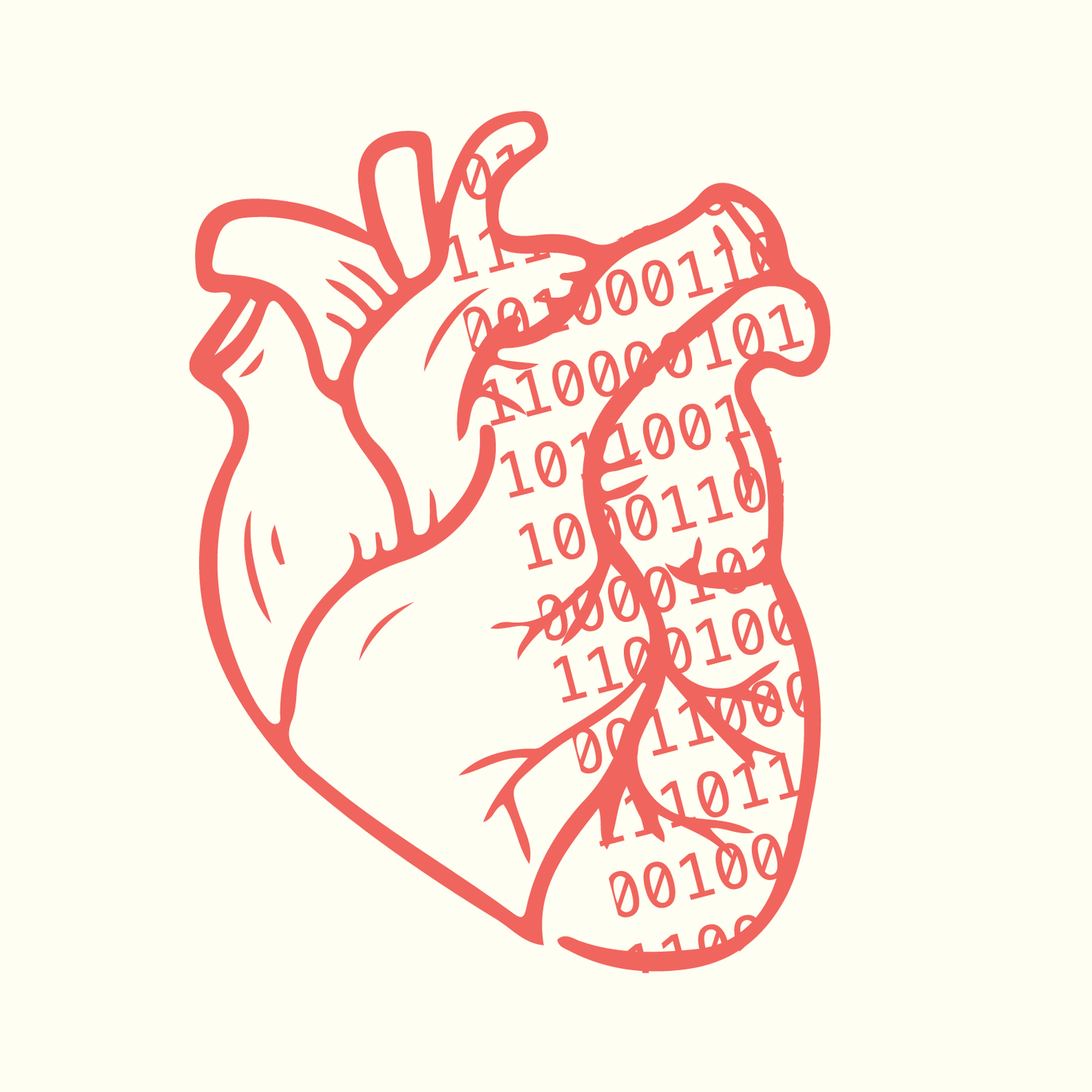
Launch of “Consent to our Data Bodies lessons from feminist theories to enforce data protection”, by Joana Varón and Paz Peña, the english version.
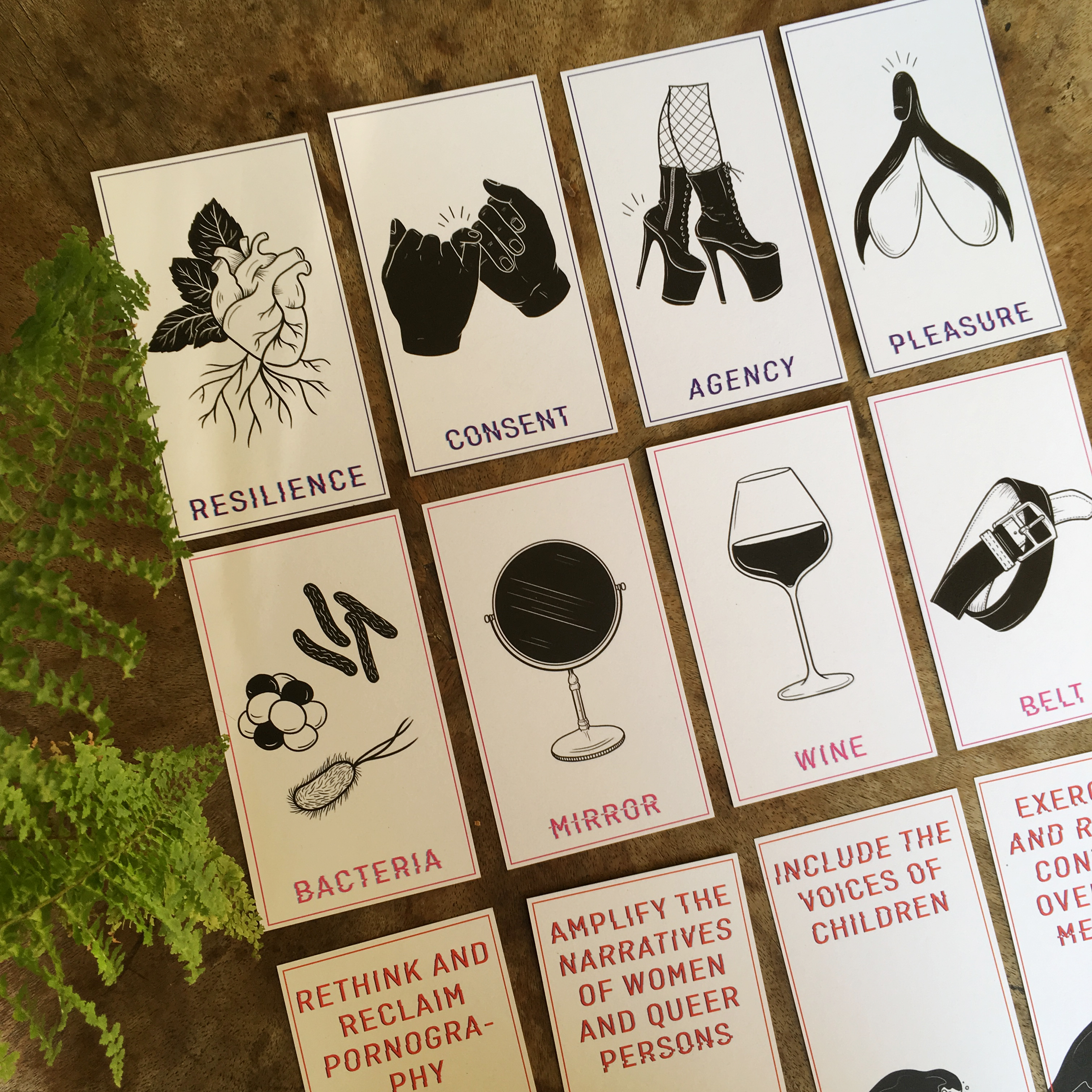
The Oracle for Transfeminist Technologies: launched the new design of the cards of the Speculative Transfeminist AI oracle in Berlin, Germany.

Launching of the report “On the blocking of pro-choice websites: Women on Waves and Women on Web” in partnership with OONI and WOW, english and portuguese versions.

Safersisters #05/Safermanas #05: the Safersisters #05 gif, about Privacy Settings, was launched (the english and the portuguese versions).
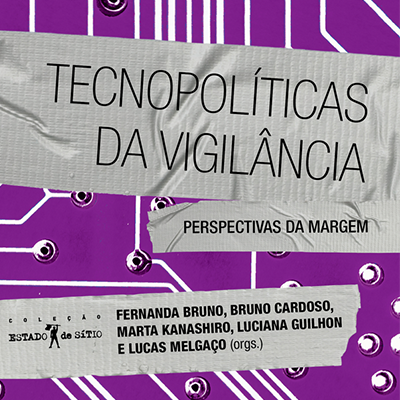
Launch of SaferNudes in the book “Tecnopoliticas da Vigilância” organized by Fernanda Bruno, Bruno Cardoso, Marta Kanashiro, Luciana Guilhon e Lucas Melgaço.
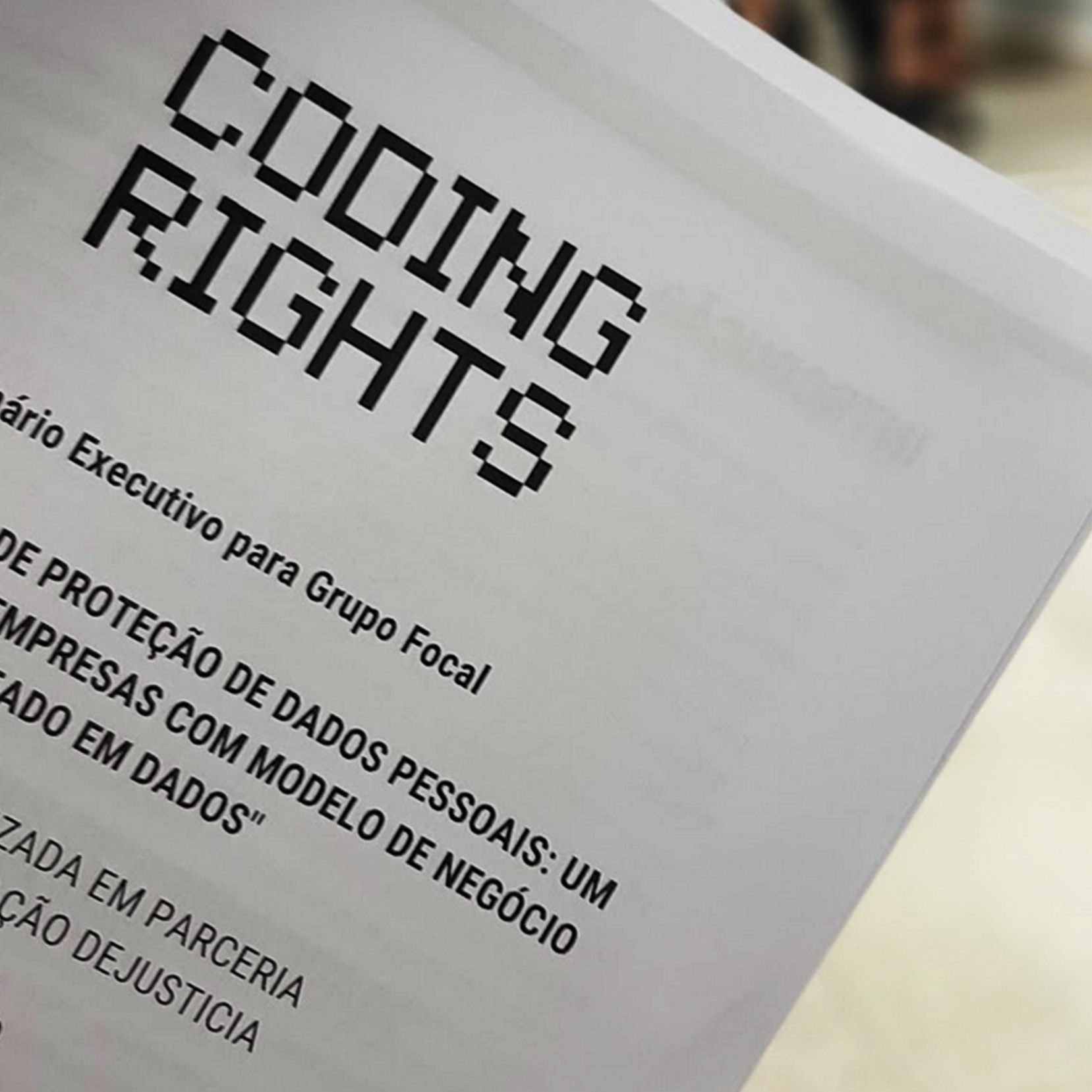
Focus group to present and to discuss the preliminary report “Data protection legislation in Brazil: a case study of companies practices”, in Brasília, Brazil. The final version of the report will be presented in 2020 and is supported by Dejusticia.
CONTINUED PROJECTS IN 2019

Chupadados: We love our technological devices and the comfort and novelty they offer us. But we have enough evidence that we are now in an abusive relationship with them. We even suspect that they might be possessed by Chupadatos, the Data Sucker. This project gathers Latin American stories about how Chupadatos operates in our cities, houses, pockets and bodies through the digital technologies we love. And how they can turn against us.

Speculative Transfeminist AI: throughout history, human beings have used a wide variety of divination procedures (such as Tarot decks) as technologies to understand the present and reshape the future. In this workshop, a set of divination cards composing an oracle guide us towards an experience of envisioning transfeminist AIs. The wisdom of the oracle, embedded with transfeminist values, help us foresee a better future where AIs are co-designed with people who are too often excluded from or targeted by technology in today’s world. Our goals: (i) Raise the question of what an intersectional transfeminist lense can bring to the discussion about AI; (ii) Consider shared values for transfeminist algorithms; (iii) Brainstorm art objects/works, share about their own work; (iv) engage in speculative exercise.

Radar Legislativo: the goal of this project proposal is to build a data bank of bills and draft bills related to technology, human rights and gender in order to enable civil society advocates to respond in a timely manner and policy analysts to capture the bigger picture and make correlations. The work of Radar also includes a weekly Agenda and a list of the new draft bills every Friday. The project has the Tramitabot, a Telegram bot that, when activated, periodically informs which were the last movements among the draft bills that were mapped by the platform.

Safersisters: it is to improve our technology habits with simple digital security tips that Coding Rights created the SaferSisters campaign (Safermanas, in Brazilian Portuguese and in Spanish), which is based on scripted Gifs that provide tips on how to avoid incidents and reduce online vulnerabilities usually faced by cis women, travesties, trans and non-binary people. Our goal is to protect sisters from annoying people who spend their time and energy threatening to post our nudes, stalking and tracking our every step just to bully us, stealing our passwords to try to trash our social media or using any technological (and psychological) tools to commit acts of gender violence.

M.A.M.I is a museum of art and archeology set in 3020. Created to preserve works of popular feminist culture from the past millennium - when discrimination on grounds of gender, race, sexual orientation and others still existed - its collection includes works that respond to different types of patriarchal violances. The museum is an idea and collaborative project with several feminist artists and activists, who attended "Hacking Hate" conception meeting, held by Coding Rights in Santiago, Chile, in 2017.

SaferNudes: by appropriation of the meme “send nudes!”, this project has the goal to spread the word about digital security for the average user, who relies on digital media for their communication, but are not necessarily tuned with the specifics of digital security debate. Also discussing post-porn aesthetics and strategies for combating gender inequalities in the web, it was thought to be more appealing to women and sexual minorities, since they are more easily exposed to online harassment, by practices such as revenge “porn”, doxxing, cyberbullying, etc.

MAIN PARTNER NETWORKS IN 2019
Coalizão Direitos na Rede: we are part of this independent network created by civil society organizations, activists and academics in defense of the free and open Internet in Brazil since 2016.
Al Sur: launch of Al Sur, the network of latin american digital rights organizations.
Transfeminist Digital Security Network: emergency feminist digital security trainings focused on women and LGBTQI people in Brazil.
Privacy International Network:participation in two Privacy International meetings, (i) in August, London, to align mutual topics and exchange experiences with global partner organizations; (ii) in October, Colombia, to present our proposal of mapping AI projects in Latin America to suggest new frameworks including concepts such as consent, feminism, equality and decolonization of our territories, knowledge and bodies.
The Open Observatory of Network Interference (OONI) is a free software project that aims to empower decentralized efforts in increasing transparency of Internet censorship around the world. Coding Rights is part of this global community measuring Internet Censorship.
FAIr LAC: kick Start meeting of FAIr LAC, a network of experts to debate ethics in AI projects at the Interamerican Development Bank (IDB).
Partnership with IME/USP: trainee on engineering for code development at Radar Legislativo, in Brazil.

STRATEGIC ADVOCACY MEETINGS + STATEMENTS IN 2019
[February] Submission of the report “The acquisition and abuse of private surveillance technologies in Latin America” with Al Sur to the U.N. Special Rapporteur on the promotion and protection of the right to freedom of opinion and expression, David Kaye. The report showcases examples of State abuse of surveillance technologies, especially against activists or civil society groups.
[March] Engagement with the Brazilian Congress regarding the approval of the Provisional Measure n. 869/2018, responsible for the inclusion of the Brazilian Data Protection Authority, and on the Congressional reanalysis of the Presidential Vetoes to Law n. 13.853/2019.
[April] Public Audiences about Facial Recognitions at: (i) Deputy Chamber, Brazilian National Congress, participation in the Congressional Public Hearing on “Facial Recognition for Public Security”; (ii) Public Ministry of Federal District, Brazil.
[June] Recommendations for Content Decisions from Facebook: Facebook held the public call “Draft Charter: An Oversight Board for Content Decisions” – a “Supervisory Committee” created by the company to act as an independent body through which people can appeal from Facebook's content moderation decisions. The Al Sur consortium contributed through a document that summarizes recommendations on this topic.
[July] Meeting organized by Facebook to discuss encryption and chat apps.
[September] Civil Society meeting with the Special Rapporteur for Freedom of Expression of the Inter-American Commission on Human Rights, Edison Lanza, at the School of Law of the University of São Paulo.
[September] Public Hearing about Fake News: Participation in the session “Internet Regulation and Elections: online political advertising and the use of personal data for political purposes”, during the “FakeNews, Social Networks and Democracy Seminar”, at the Brazilian National Congress.
[September] Participation at the breakfast promoted by Coalizão Direitos na Rede at the Chamber of Deputies to discuss topics such as privacy, data protection, freedom of expression, access and disinformation. The meeting brought together more than 50 people, including parliamentarians and advisers. Some of the projects highlighted by the Coalizão were PLC 79/2016; the analysis of the presidential vetoes to the General Law of Protection of Personal Data, and the CPMI of Fake News.
[October] Participation in the Consultation “Privacy: A Gender Perspective”: Invitation by the UN Special Rapporteur on the right to privacy, Joe Cannataci, to bring inputs for the report “Privacy and Gender”. The meeting was hosted at the Law School from New York University.
[October] Public Hearing about PEC 17/2019: Participant at a public hearing at the Brazilian House of Representatives about PEC 17/2019, that aims to include in the Brazilian Constitution the protection of personal data as fundamental right of the citizen and establish the Union's private competence to legislate on the matter.
[October] Human Rights and the use of new technologies on Latam: Through the Al Sur consortium, Coding Rights signed the document “New technologies and their impact on the promotion and protection of human rights in the context of assemblies and peaceful protests: The situation of Latin America”, that contribute to the thematic report of the United Nations High Commissioner for Human Rights.
[October] Public Audience about PEC 17/2019: Speaker at this public audience at the Brazilian National Congress about PEC 17/2019, the so necessary propose to include in the Brazilian Constitution the protection of personal data as fundamental right of the citizen and establish the Union's private competence to legislate on the matter.
[October] Al Sur contribution to the UN Office of the High Commissioner on Human Rights on “New technologies and their impact on the promotion and protection of human rights in the context of assemblies and peaceful protests: the situation of Latin America”. Read here the document.
[November] Workshop on Feminist Data Protection: presentation at this workshop organized with the support of the Unabhängiges Landeszentrum für Datenschutz (ULD) Schleswig-Holstein, in Berlin, Germany.
[December] Key Constituents of the HLPDC Resolution: Coding Rights was invited by the United Nations as key constituents of Virtual Roundtable on Recommendations 3A/B – related to Digital Human Rights – to participate in the discussions about the 21st century challenges for technology, contributing to the debate on low ensure a safe and inclusive digital future for all.

PANELS + WORKSHOPS IN 2019
[March] From public to digital – solutions to address gender-based violence: participation in this special panel, invited by IDRC/CRDI (International Development Research Centre), to bring some suggestions about solutions we can have to challenge and end structural gender barriers that make women more vulnerable in social, economic and digital spaces. In Toronto, Canada.
[March] Responsabilidad de intermediarios: desafios y oportunidades para America Latina: invited by CELE (Centro de Estudios en Libertad de Expresión y Acceso a la Información) to discuss new challenges for regulating intermediaries - technology companies as Facebook and Google - with ADC (Asociación por los Derechos Civiles) and other organizations in Buenos Aires, Argentina.
[April] Internet Freedom Festival - IFF: a big, diverse and inclusive unconference that gathers, every year, thousands of activists, journalists, technologists and human rights defenders from over 100 countries gather for a week of sharing and learning. In Valencia, Spain.
[April] Participation of the Roundtable on Brazil's Data Protection Law at CIPL/Brazilian Institute of Public Policy (IDP) in Brasília, Brazil.
[May] “Digital paradoxes: a conversation about control and freedom”: event organized by the Heinrich Böll Brasil Foundation and Olabi Makerspace in Rio de Janeiro, Brazil. Coding Rights shared the panel with the German activist on control and freedom in times of surveillance, Malte Spitz.
[May] Stockholm Internet Forum 2019: Mobilizing for a free, open and secure Internet: this meeting brings together activists and representatives of governments and companies to discuss topics such as privacy, access, security, surveillance and freedom of expression on the internet.
[May] Cryptorave 2019: as every year, the Coding Rights team gave workshops and participated in panels at the biggest cryptoparty of Brazil. In São Paulo, Brazil.
[June] RightsCon Tunisia: 3000 civil society leaders, industry experts, policymakers, and human rights advocates came together in Tunis to set the global agenda for upholding human rights in the digital age. Coding Rights participated of four sessions where were discussed AI and facial recognition, mis/disinformation (fake news) and the HLPDC.
[June] Lavits 2019: presentation of the article “Consent to our Data Bodies lessons from feminist theories to enforce data protection”, by Joana Varon and Paz Peña, in Salvador, Brazil.
[June] Facial Recognition in the public sector: event organized by Agesic and Inter-American Development Bank in Montevideo, Uruguay, bringing a critical perspective to the uses of #AI in the public sector, based on the experiments of facial recognition that result in racism and discrimination.
[July] “Deepfakes and synthetic media: Prepare yourself now": Witness Brasil invited a team of specialists for a multidisciplinary discussion on how to understand and prepare for deepfakes in São Paulo, Brazil. The meeting explored pragmatic solutions for the prevention and defense against a future of video and audio made with AI techniques, with focus on threats identified in Brazil and solutions desired by a range of stakeholders. Coding Rights shared a session on misinformation and fake news. The report “Deepfakes: prepare now (perspectives from Brazil)" was published here.
[July] CitizenLab Summer Institute: presentation of the research framing “Gendering Surveillance”, in Toronto, Canada.
[July] First International Meeting on Gender Violence on the Internet: organized by INAMU, Sula Batsú and ECLAC, in Costa Rica, the meeting aim to bring international experiences to initiate and give impetus to the construction of regulatory frameworks and protocols on gender violence in the network. Coding Rights was invited as one of the event speakers.
[September] BID 60 years: Coding Rights shared the “Past, present and future of women's economic empowerment” table at the the Inter-American Development Bank 60-year anniversary seminar in Washington, USA, with the ex-president of Chile and current United Nations High Commissioner for Human Rights, Michelle Bachelet, the ex-mayor of Madrid, Manuela Carmena, and Colombia's goalkeeper, Vanessa Córdoba. Joana Varon highlighted the Chupadados research and gender stereotypes that support development models, taking a feminist perspective on technology.
[October] 9º Fórum da Internet no Brasil: promoted by the Internet Steering Committee in Brazil, this is a special meeting on topics related to Internet governance and is a preparatory stage for the Internet Governance Forum (IGF), the global UN event. Coding Rights participated in panels that discussed the Brazilian personal data protection law (LGPD), privacy and platform business models, and the use of personal data for public security purposes. In Manaus, Brazil.
[November] IGF Berlin: from 25 to 29 November the Coding Rights team was in Berlin for the Fourteenth Annual Meeting of the Internet Governance Forum (IGF) under the overarching theme: “One World. One Net. One Vision”. Our executive directress, Joana Varon, and Advocacy Strategist, Bruna Santos, contributed to many panels in discussions around technologies, surveillance, artificial intelligence, big data and their intersectionalities with Human Rights, specially gender and racism issues.

FELLOWSHIPS IN 2019
Our designer Clara Juliano became a Feminist Tech Fellow from Superrr Network, in Berlin, Germany, with the project “The Oracle for Transfeminist Technologies” More here.
Joana Varon, Coding Rights executive directress, returned to Cambridge as Berkman Center affiliated. She shared Coding Rights work and brought a Latam perspective to debates on gender, human rights and tech. More here.

MEDIA IN 2019

7.916
FOLLOWERS

2.730
FOLLOWERS

3.997
FOLLOWERS
CR TEAM WAS INTERVIEWED OR COLLABORATED WITH LEAST 47 MEDIA ARTICLES FROM BRAZIL AND AROUND THE WORLD.
<< SCROLL FOR SOME HIGHLIGHTS >>

FINANCIAL IN 2019
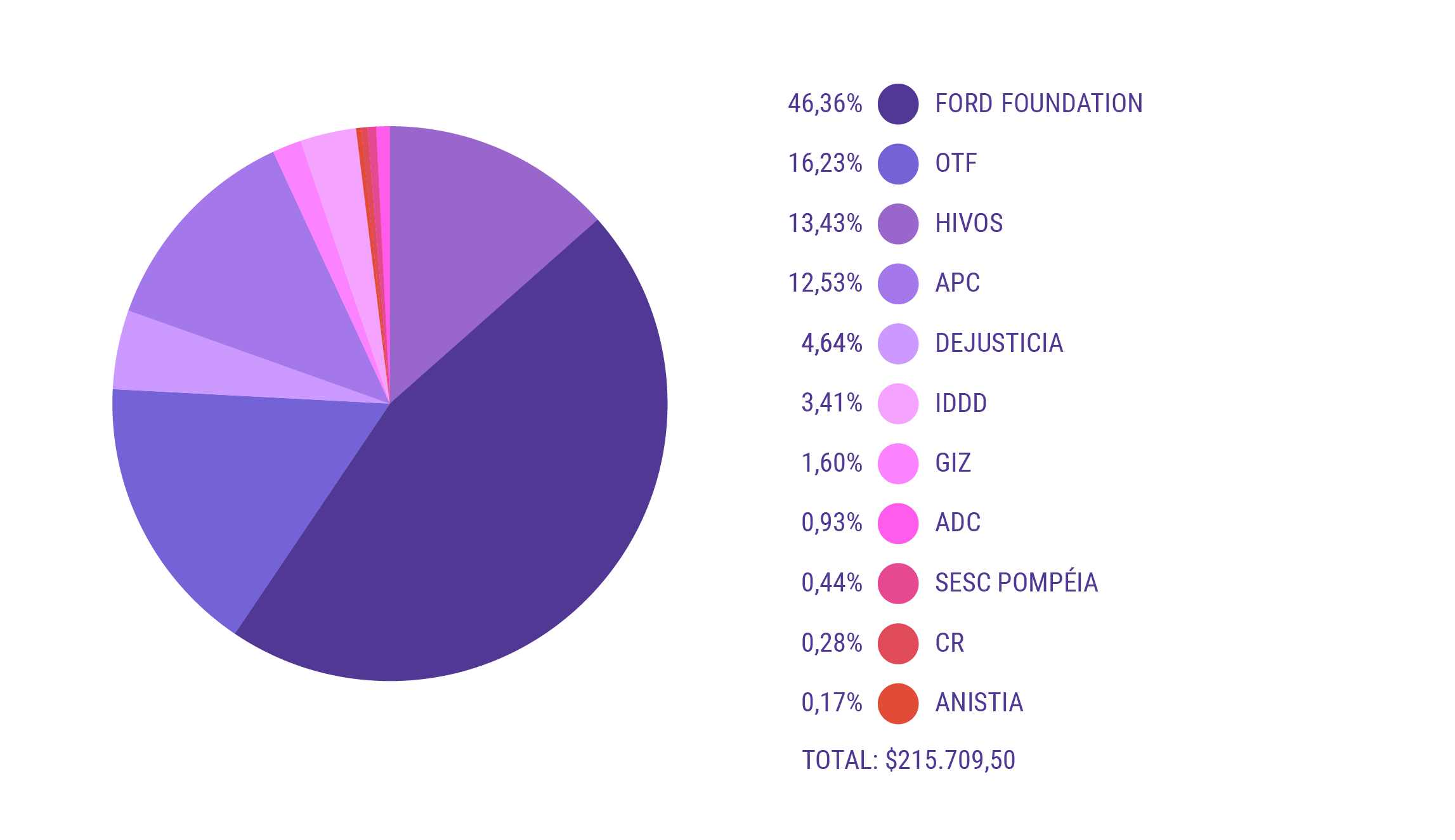

CORE TEAM 2019

JOANA VARON
EXECUTIVE DIRECTRESS
CREATIVE CHAOS CATALYST

MARIANA TAMARI
GENERAL PROJECT MANAGER

BRUNA MARTINS DOS SANTOS
POLICY+ADVOCACY STRATEGIST

CAROL MONTEIRO
COMMUNICATIONS STRATEGIST

CLARA JULIANO
DESIGNER+ILLUSTRATOR

ERLY GUEDES
COMMUNICATIONS MANAGER

MAX HOLENDER
FINANCIAL MANAGER

CALI
THE BOSS
